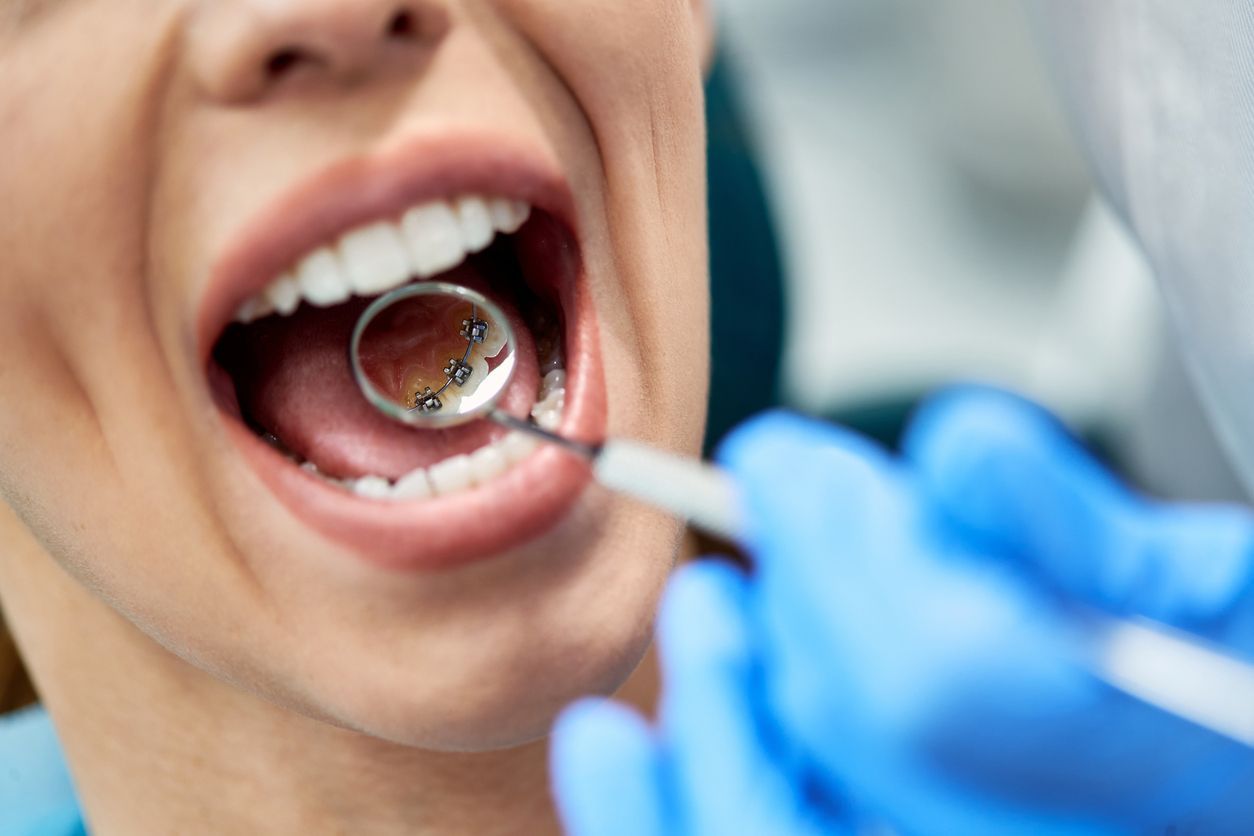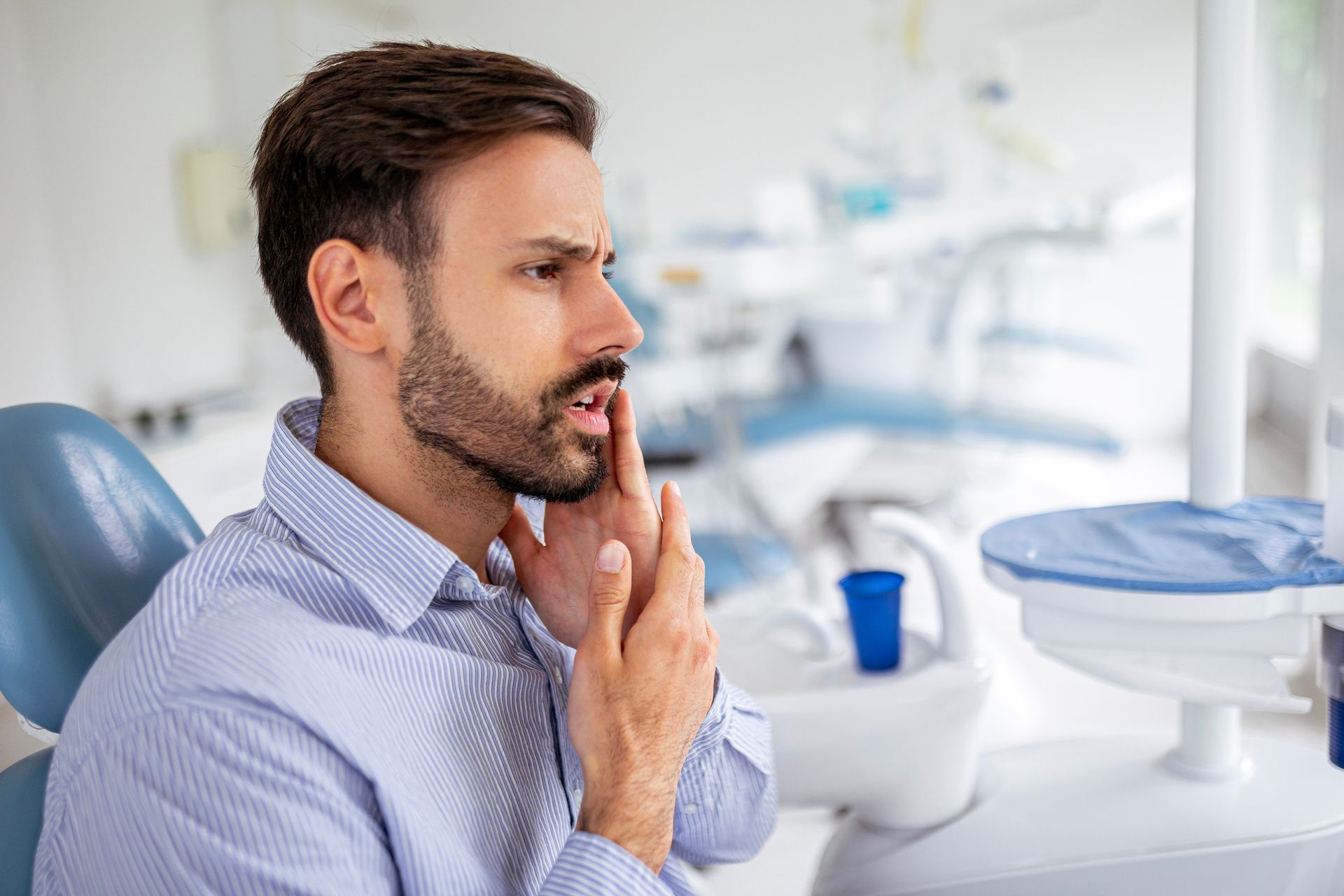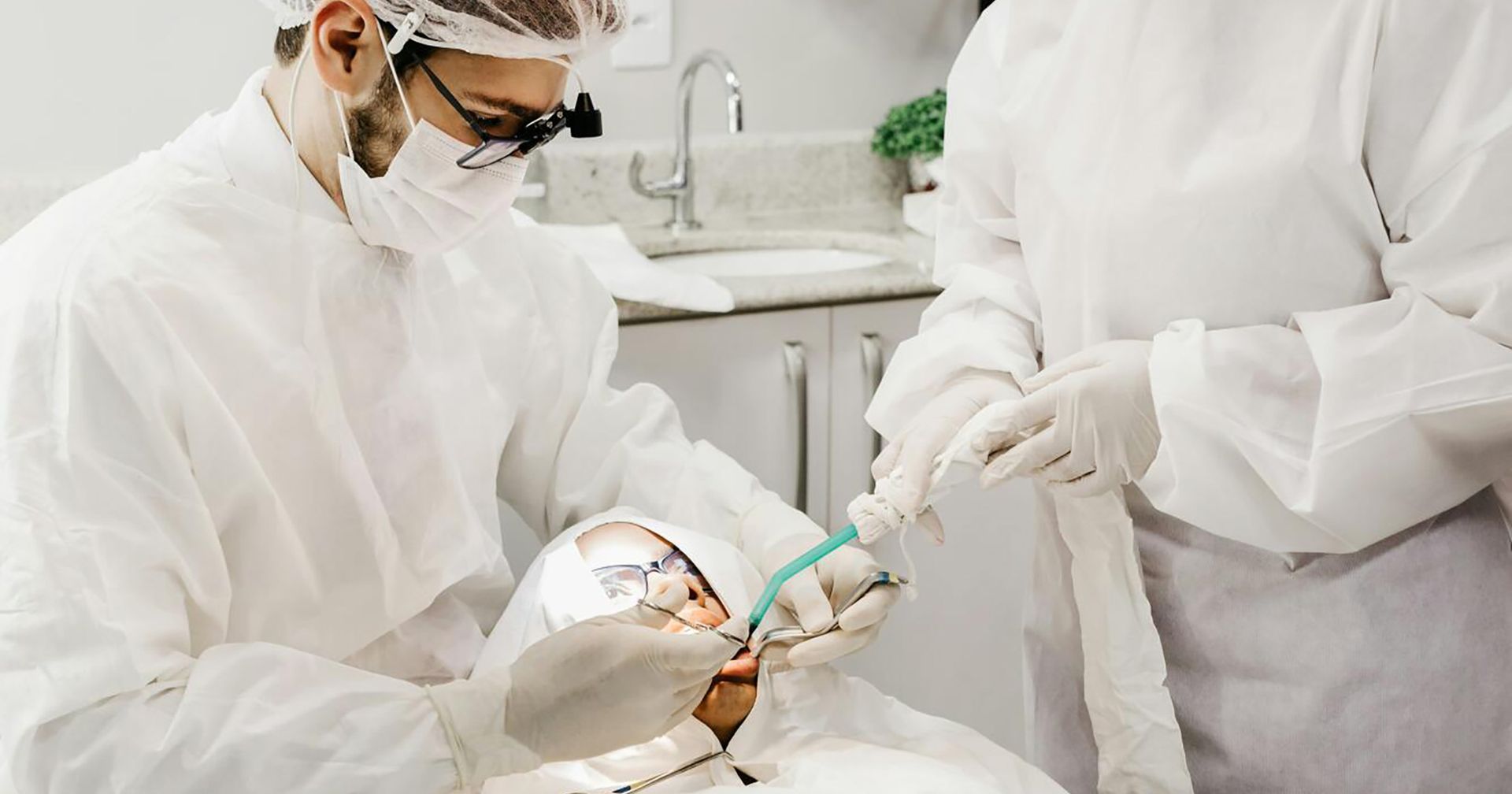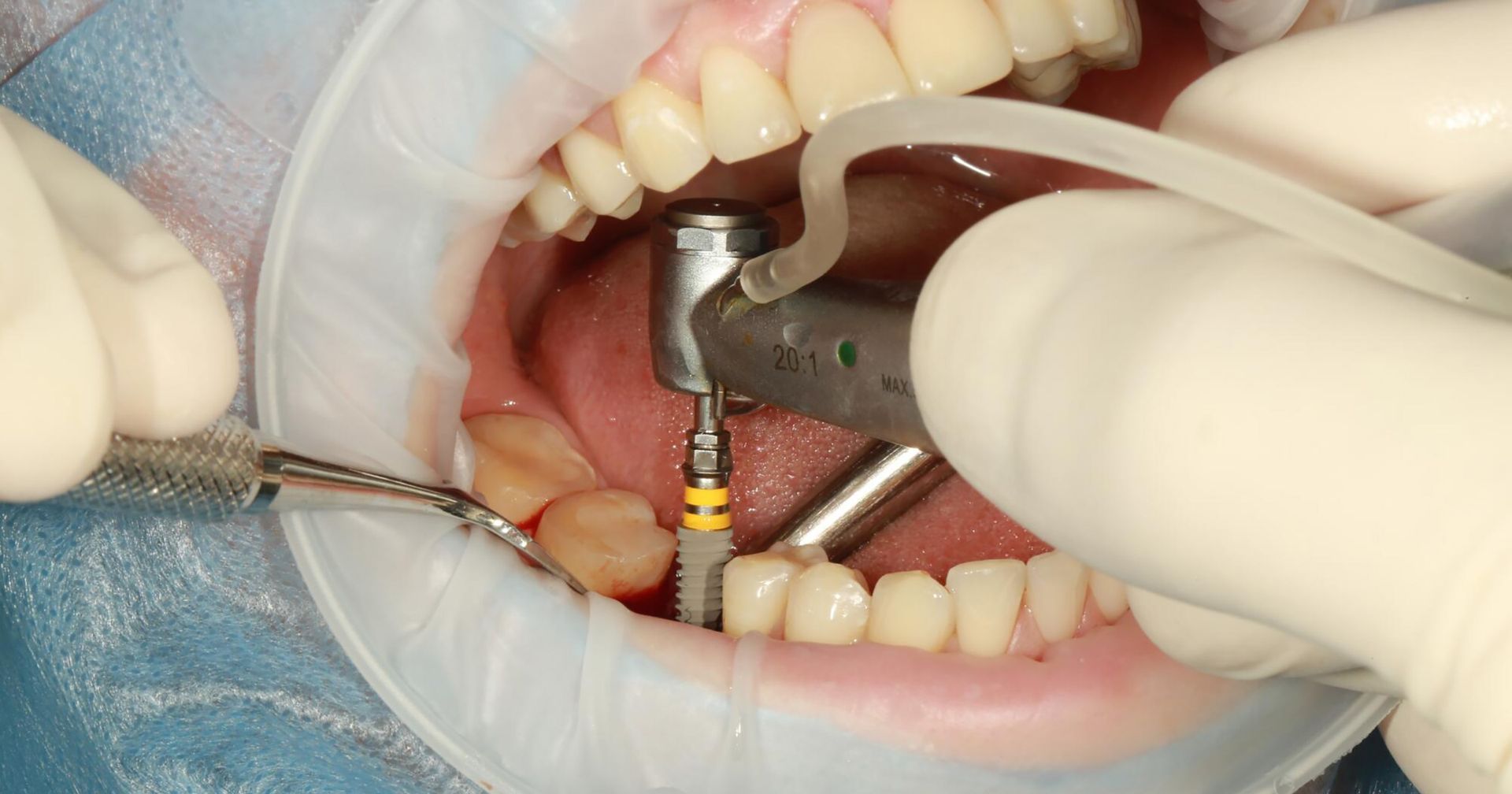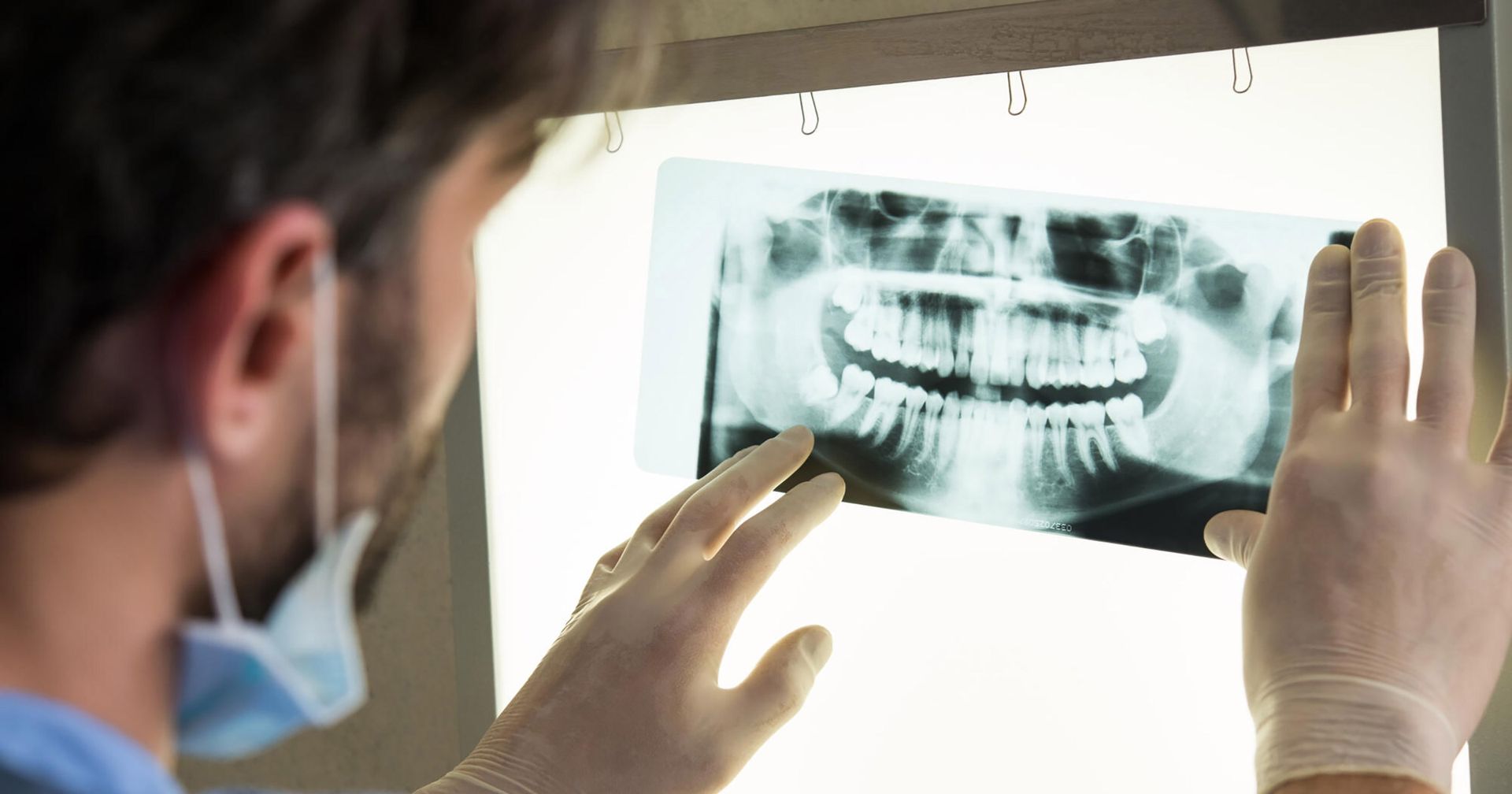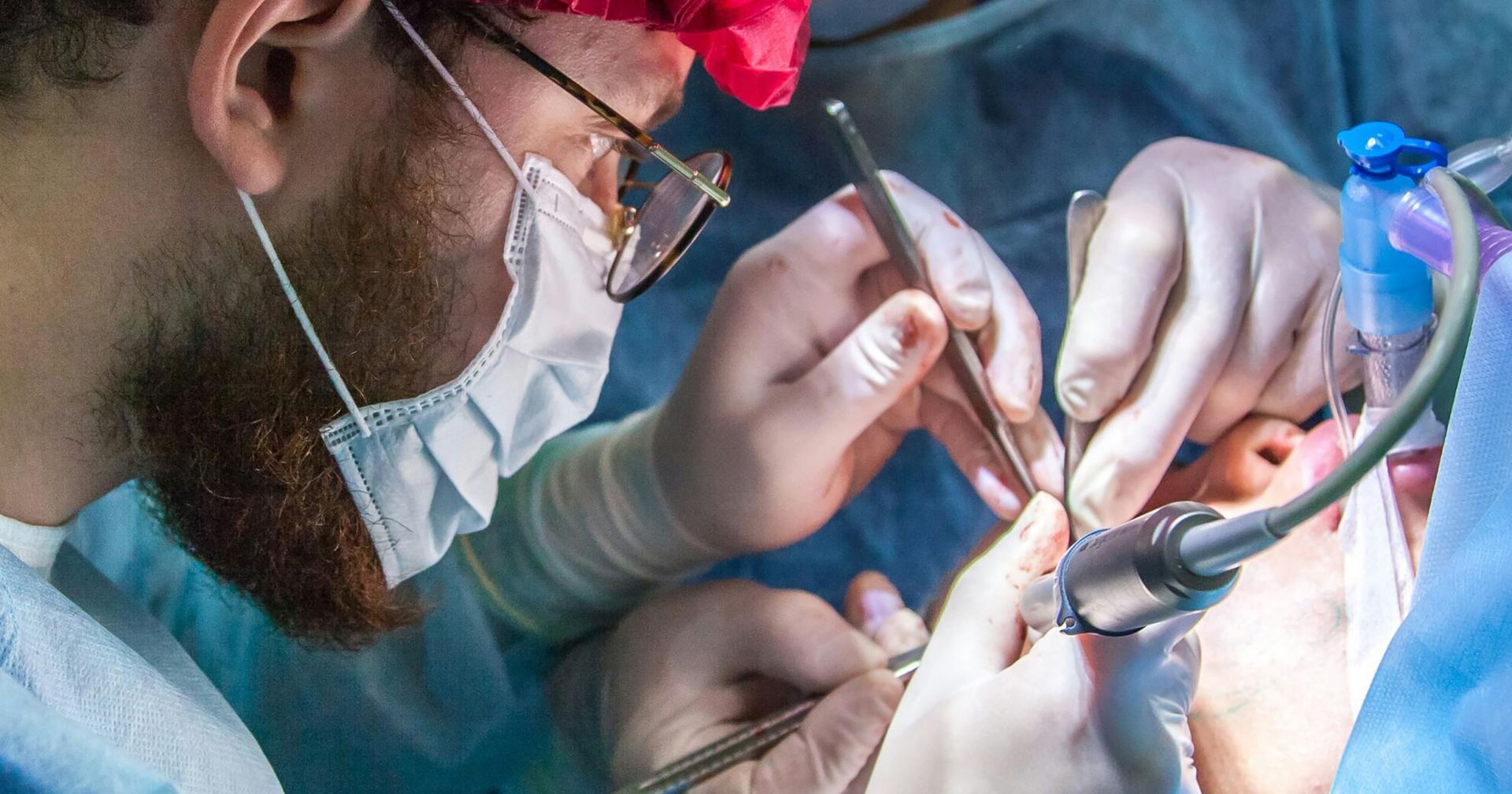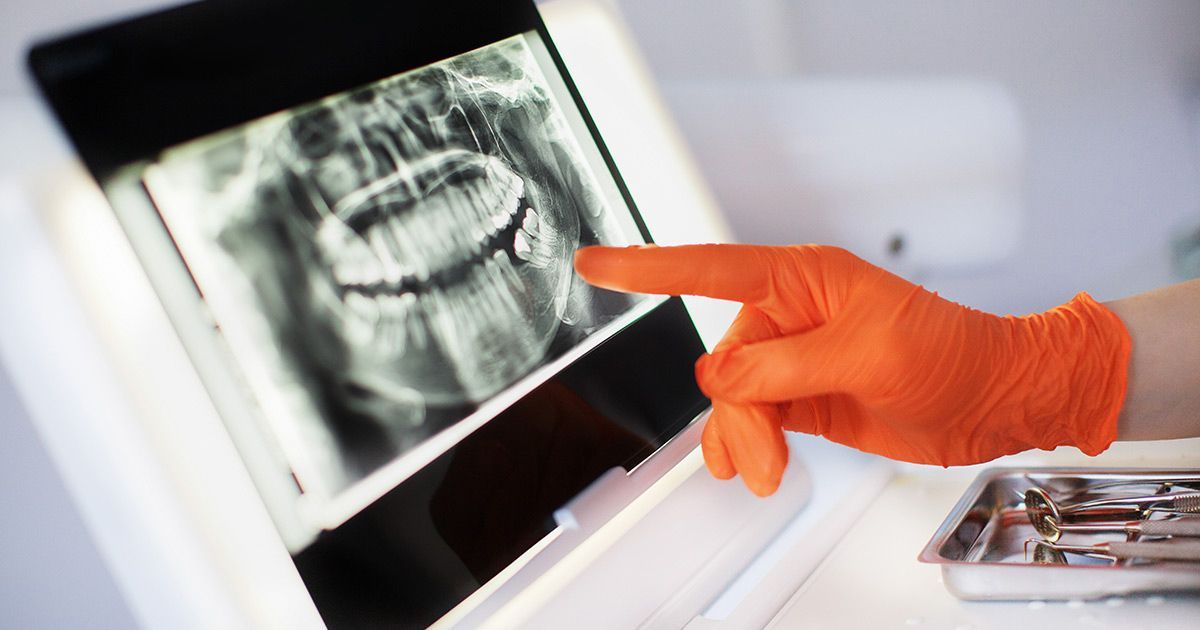Possible Signs and Symptoms of a Root Canal
Dr. Tabas • February 11, 2020
What is a root canal? What are the possible signs and symptoms of a root canal? Learn the answers to these questions and more today.
'Root canal' is basically a household name when it comes to dentistry procedures. We always hear about so-and-so need to have a root canal.
But what does that really mean? Do you know the signs and symptoms of a root canal? There are a number of contributing factors but this is something people should be aware of.
We've researched the causes and outcomes of root canals. Read ahead to learn all you need to know about roots canals and the science behind them.
So, What's A Root Canal?
New ParagAlso known as endodontic therapy, a root canal is necessary when the pulp of the tooth becomes infected or otherwise inflamed.
There are a few steps in the endodontic therapy procedure that we will cover ahead. Not taking care of these problems can lead to serious health and aesthetic consequences.
Thankfully, American dentists perform over 15 million root canals
per year. Having access to dental care is extremely important to overall health and wellbeing.
Tooth Anatomy
Before we dive into root canals, let's take a step back to look at the bigger picture. Our teeth are extremely important. They help us chew the meals we love so we can have proper digestion.
A healthy smile is a beautiful smile. It is one of the first things we notice when we look at somebody.
The crown of the tooth is the visible external part while the roots extend into the gums. The pulp is the center of the tooth made of living connective tissue and cells, called odontoblasts, that produce dentin, a bony material that forms the bulk of the tooth.
When Is A Root Canal Necessary?
Root canals
are performed when there is a pathology affecting the pulp of the tooth. As we mentioned before, the pulp makes up the core of the tooth and plays an important role in dental health.
A dentist can determine the presence of an infected pulp through careful examination and the use of imagining studies. Namely, a simple x-ray can reveal the presence of decay.
Symptoms of A Root Canal
These symptoms are rather unspecific and can be due to a number of causes. Regardless, their presence warrants a trip to the dentist's office as soon as possible.
Sometimes, there can be decay without obvious symptoms. This highlights the need to see a dentist regularly.
Toothache
This is among the most common root canal symptoms. You will likely first notice the pain while chewing or pressing down on the affected tooth.
You might have felt toothaches from time to time but they aren't something to be ignored. There are treatments available they could get worse without them.
Temperature Sensitivity
Sharp pain or other unpleasant sensations while eating or drinking can be a sign that a root canal is necessary.
The feeling is often described as being similar to electric shocks. Switching from hot to cold can be especially painful.
Swelling and Discoloration
Sometimes, you may even be able to find visible signs of pulp disease. This can take the shape of the discoloration of the teeth in some cases.
Also, people with severe disease can experience painful swelling of the gums around the affected tooth accompanied by pimple-like bumps.
Signs of Pulp Disease
Dentists have the tools and knowhow to examine your oral cavity for signs of disease. Plus, they can get a better view of your own teeth that you can.
Dental hygienists and other healthcare workers can be trained to identify signs of pulp disease, as well.
Tenderness
The visible signs we mentioned may not always be present even if significant pulp disease is present.
Nobody likes getting their teeth and gums poked but it does serve a purpose. A dentist can pinpoint areas of increased tenderness and root canal pain to help to search for cavities and pulp decay.
Mobility
Teeth with significant pulp disease may become more mobile than normal. This is likely due to the involvement of the roots that tether the teeth to the gums.
A dentist will carefully test for abnormal mobility during a routine exam.
Transillumination
That sounds like some type of Zen ceremony but it's actually just a powerful little flashlight. A dentist shines it on a tooth so that any little cracks will become more evident.
This is a strong sign of underlying tooth decay.
Root Canal Testing
When a dentist suspects the presence of pulp decay, they may opt to order some tests. This is to confirm the diagnosis and evaluate the severity of the problem.
The results of said testing could determine the therapeutic course of action.
Radiographs
Radiographs, more commonly known as X-ray films, are a simple and cost-effective way to test for pulp decay.
It might not be easily visible even on x-rays so this method might not detect tiny areas of decay
Dental Pulp Test
When an x-ray is inconclusive, your dentist might order a dental pulp test. This test is a bit more invasive than the x-ray but allows exhaustive testing of the pulp.
This is the most advanced and exact test. However, it is oftentimes not required.
Root Canal Recovery
Following a root canal, it will take time before you're fully recovered and back to chomping on pizzas.
This is because the procedure itself will cause local inflammation. It might be a little painful to chew for a month or so.
Practicing Dental Hygiene
To prevent the presence of pulp decay, you don't have to take any fancy precautions or anything out of the ordinary. You simply have to practice proper dental hygiene.
Brush your teeth in the morning, before going to bed, and after meals. Don't forget to floss regularly and see a dentist
as scheduled.
Getting To The Root of Things
Don't wait before you have to take drastic measures to save your smile. Your teeth are so important to you so do not take them for granted.
Practice good hygiene and don't skip on your dental appointments. Importantly, if you notice one or more symptoms of a root canal, schedule an appointment right away.
Visit this page
to contact us for more information about root canal symptoms and dentistry.

